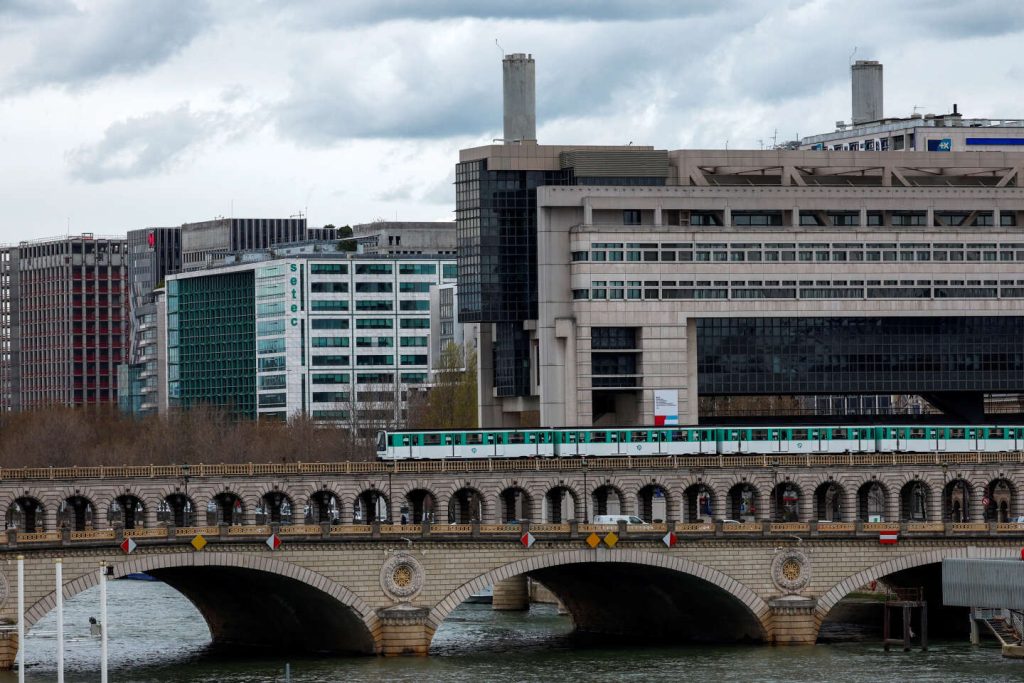The public finance crisis marking the end of Emmanuel Macron’s term is not a novelty in French political landscape. It is rather a recurring issue. Public debt had also accompanied the end of Jacques Chirac’s reign, increasing by five times since 1981 to over €1 trillion, or 66% of national wealth. This led the then Minister of Economy, Thierry Breton, to raise awareness through the Pébereau report, resulting in some progress as the public deficit was contained under 3% of GDP between 2005 and 2007.
Public debt resurfaced at the end of Nicolas Sarkozy’s term when, faced with the 2008 financial crisis, his government increased budgetary spending to prevent an economic and social disaster. This resulted in the need to raise taxes to curb deficit growth. Over five years, debt increased by over €600 billion. François Hollande’s five-year term was also plagued by public debt, as he had to reduce deficits and restore business competitiveness without adequate preparation, adding €366 billion to the initial debt amount.
Public debt has become a major issue for Emmanuel Macron and all potential successors, as rising interest rates and slowed growth ended the era of easy money and the “whatever it takes” approach. The warnings from the Cour des comptes, Banque de France, and Insee to control public spending to prevent a debt crisis highlighted the fragility of a country now in debt over €3 trillion, or 110% of national wealth. The realization of the seriousness of the situation is evident within the government, where cost-saving measures are replacing previous laws and support programs.
There is a sense of urgency in addressing the public finance crisis, with the government and opposition parties acknowledging the need for fiscal discipline. Some opposition figures, like Jean-Luc Mélenchon, have taken a defiant stance, advocating for taking money where it is available. However, there is a growing consensus on the need to address the issue before it escalates further. Both within the government and among opposition parties, there is an understanding of the importance of curbing public spending to avoid a financial meltdown.
The urgency to tackle public debt is evident in the shift towards cost-saving measures within the government, replacing the previous approach of continuous spending. The warning signs from various financial institutions have highlighted the precarious nature of the country’s finances, with debt reaching unsustainable levels. There is a growing awareness among policymakers and the public of the need to address the issue before it spirals out of control. This public finance crisis will be a major challenge for Emmanuel Macron’s successor and will require careful planning and decisive action to stabilize the country’s economy.


